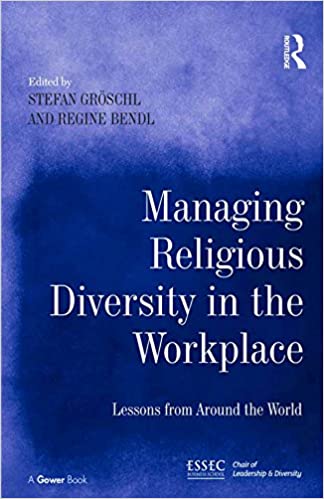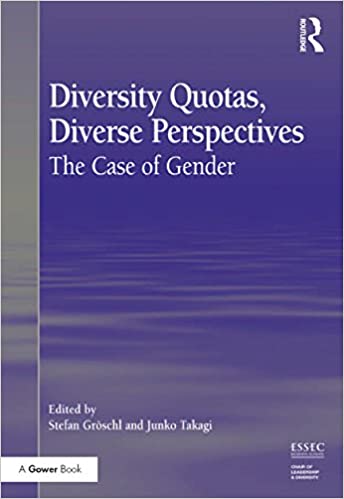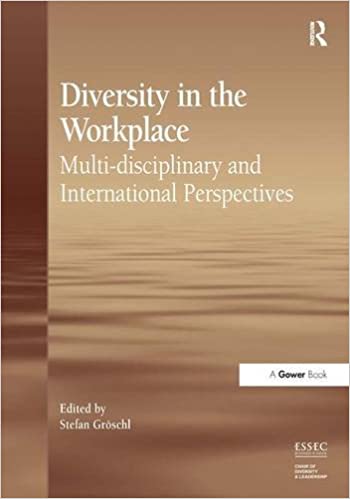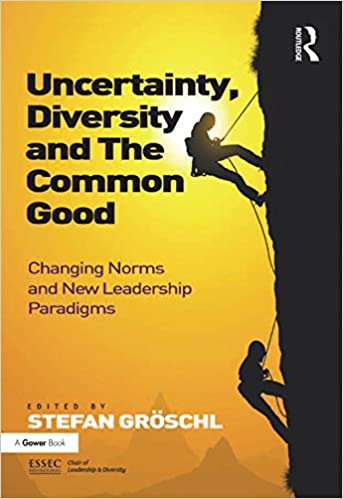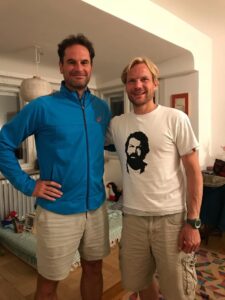Stefan Gröschl
Professor at ESSEC Business School
Responsible Leadership, Sustainability, Diversity and Inclusion, Migration and Sport
Wer's nicht einfach sagen und klar sagen kann, der soll schweigen und weiterarbeiten, bis er's klar sagen kann
Popper, K. 2014. Auf der Suche nach einer besseren Welt. Piper Verlag, Muenchen.
[If you cannot state it simply and clearly, you should remain silent and continue working until you can say it clearly]
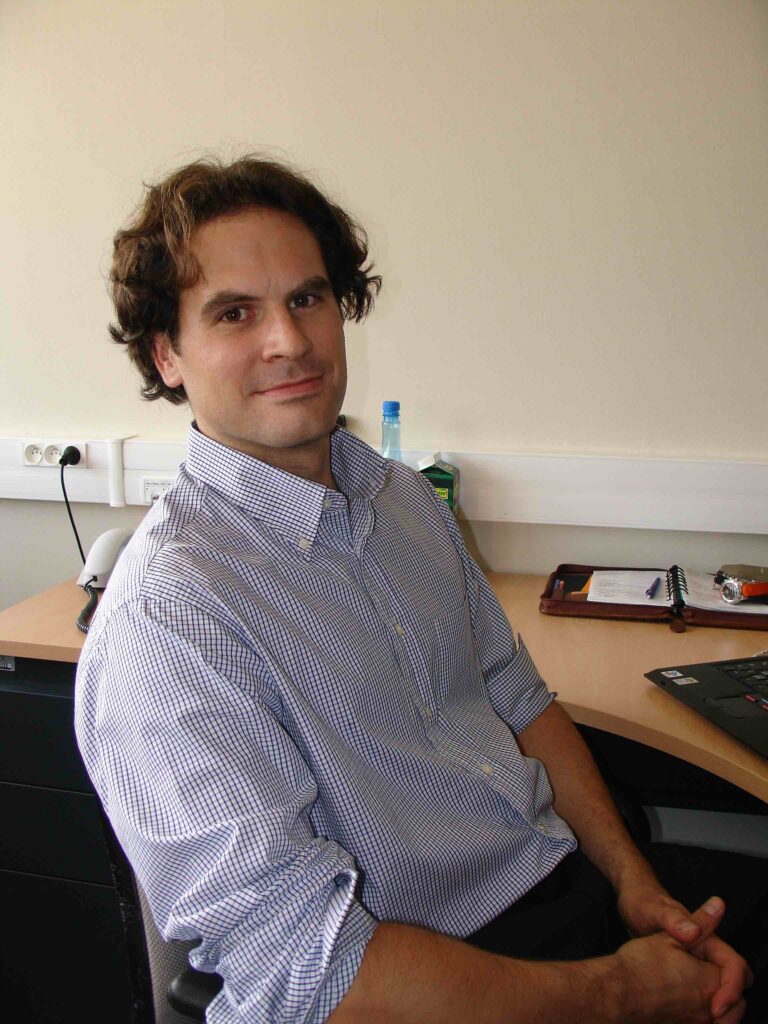
Professional life in a nutshell
Since 2005, I have been a full-time research professor in the Department of Management at the ESSEC Business School, Paris-Singapore.
Previous full-time academic posts include assignments at the University of Guelp in Canada and at Oxford Brookes University in the UK. Visiting professorships and scholarships include:
French Arabian Business School, Manama, Bahrain
Visiting Professor (2016- present)
Strathmore Business School, Nairobi, Kenya
Visiting Professor (2022- present)
School of Management, University de los Andes, Bogota, Colombia
Visiting Professor (2019 – 2020)
FGV EAESP Sao Paulo, Brazil
Visiting Professor (May 2018)
Centrum Graduate Business School, Pontificia Universidad Catolica del Peru
Visiting Professor (2013, 2015)
Escuela de Alta Direccion y Administration, EADA – Barcelona, Spain
Visiting Professor (2011 – 2020)
Auckland University of Technology, Auckland, New Zealand
Sabbatical (2012)
Stanford University, USA
Scancor Research Scholar ( 2008)
Royal Roads University, Canada
Visiting Professor (2006 –2009)
University of Guelph, Canada
Tenured Associate Professor (2001 – 2005)
Oxford Brookes University, UK
Part-time Lecturer (1997-2001)
Some thoughts on my research…
General research areas that I am interested in include Responsible Leadership and Sustainability, Diversity and Inclusion, Sport and Business, and Migration. Specific research projects that I am currently working on focus on resilience in long distance triathlon applied to business; sustainable business practices in informal economies; ESG policies and practices in African banks; careers of women top executives and women leaders in craft oriented sectors (e.g. Michelin star women chefs). My current research interests have emerged largely from my works in the area of workforce diversity and inclusion.
The publications early after 2012, in particular my collective books during my time as Co-Chair of Leadership and Diversity, have explored different forms of workforce diversity including cultural diversity, gender diversity and religious diversity.
From then on, my research focus shifted from forms and dimensions of diversity, to diversity as a means and enabler to develop responsible leaders who address in sustainable ways the complex, imminent and global challenges this planet is facing. My collective book Uncertainty, Diversity and the Common Good: Changing Norms and New Leadership Paradigms could be considered the starting point for this research extension toward responsible leadership and sustainable business practices.
My research interest in responsible leadership and sustainability is not only reflected in my research output, but it is also illustrated in my teaching. Parallel to my works on responsible leadership and sustainability, and starting with my teaching case of Raymond Domenech in 2013, I have also developed a research interest in working more closely with sports and athletes’ experiences as metaphors for exploring organizational, group and individual behaviors. While such a research approach might be considered unusual, scholars such as Karl Weick have hailed sports as an effective setting within which to conduct organizational and management research.
I have shared my expertise in a wide range of academic and public arenas, and I have published textbooks on responsible leadership, sustainability, diversity management, and international human resources management related aspects. My research has also been published in numerous book chapters and articles in both the international trade and academic press. In 2018, together with my colleagues Tobias Hahn and Patricia Gabaldon we were awarded the 1st Prize for Best academic paper in management in France. I have been an editorial board member and reviewer for numerous international academic management journals.
With Benedikt Boehm, CEO of Dynafit, extreme mountaineer, and co-author of our book “From the Deathzone to the Boardroom”
Besides the publishing process, what has always been an exciting part of ‘doing research’ is the fieldwork. Using mostly qualitative research methods means meeting and actively engaging with a wide range of people with very diverse backgrounds and experiences – ranging from members of the Federation of Saskatchewan Indian Nations and other indigenous groups, to people with disabilities and women top executives in MNEs, Michelin starred women chefs, to Somali Diaspora women in Mogadishu (Somalia).
And besides the traditional forms of research and research outputs, one of the most memorable projects I conducted was with students from Sarcelles’ College Jean Lurçat and its director Mme Christine Gilant in 2012. The project focused on the students’ personal experiences and stories when it comes to discrimination. Instead of producing a mainstream academic article, we published our collaboration as a ‘bande dessinee’ with the support of two young art designers Jean-Marc Bullet and Ung Don Kim from the Ecole Nationale Superieure de Creation Industrielle in Paris.
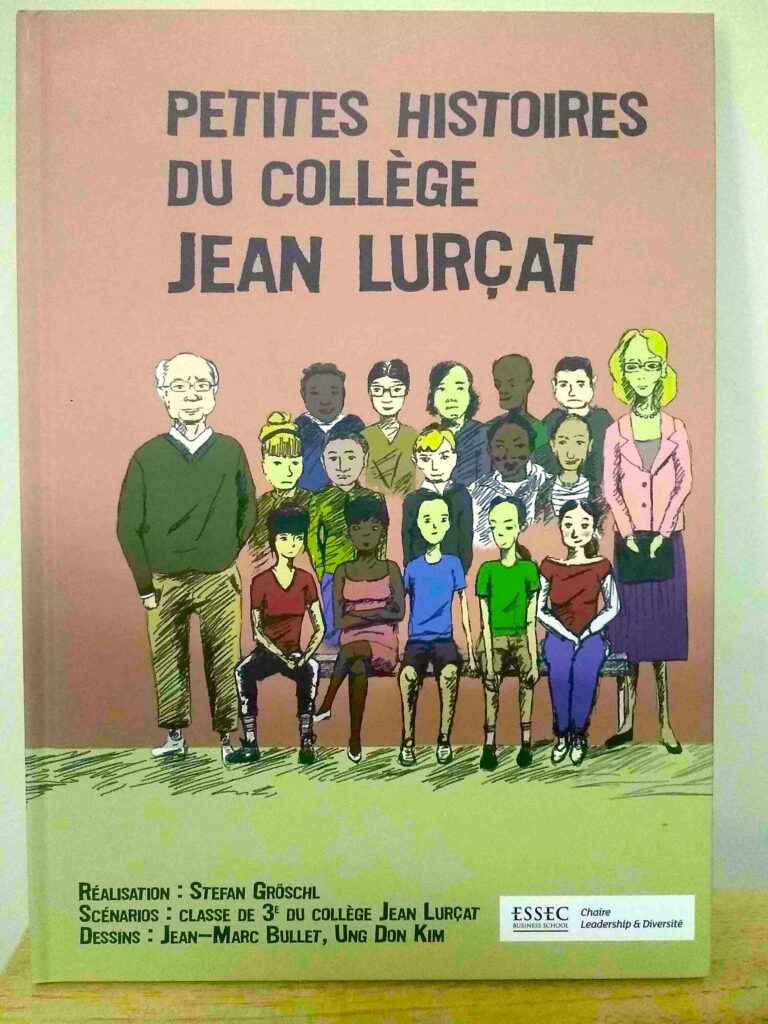
Some thoughts on teaching…
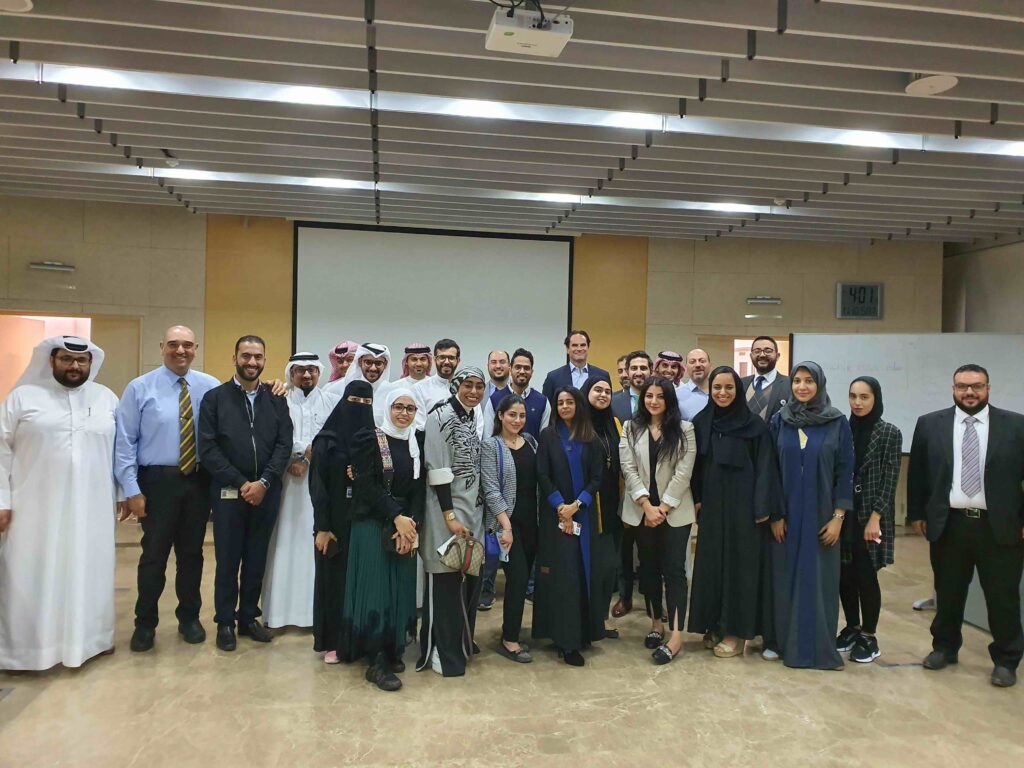
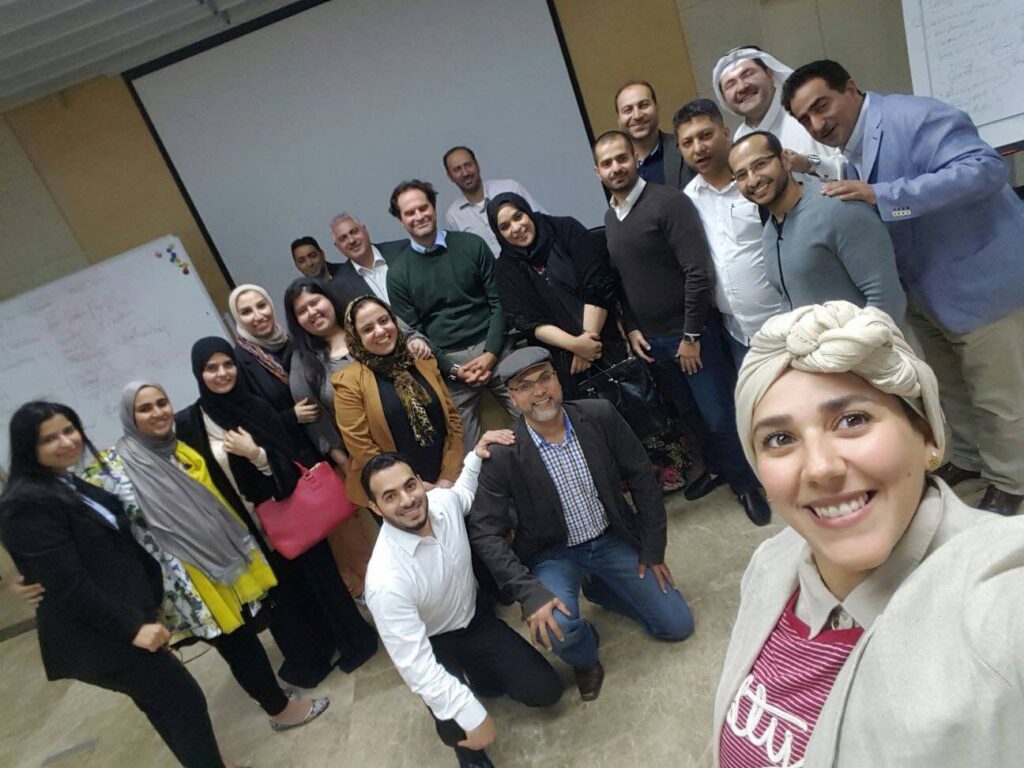
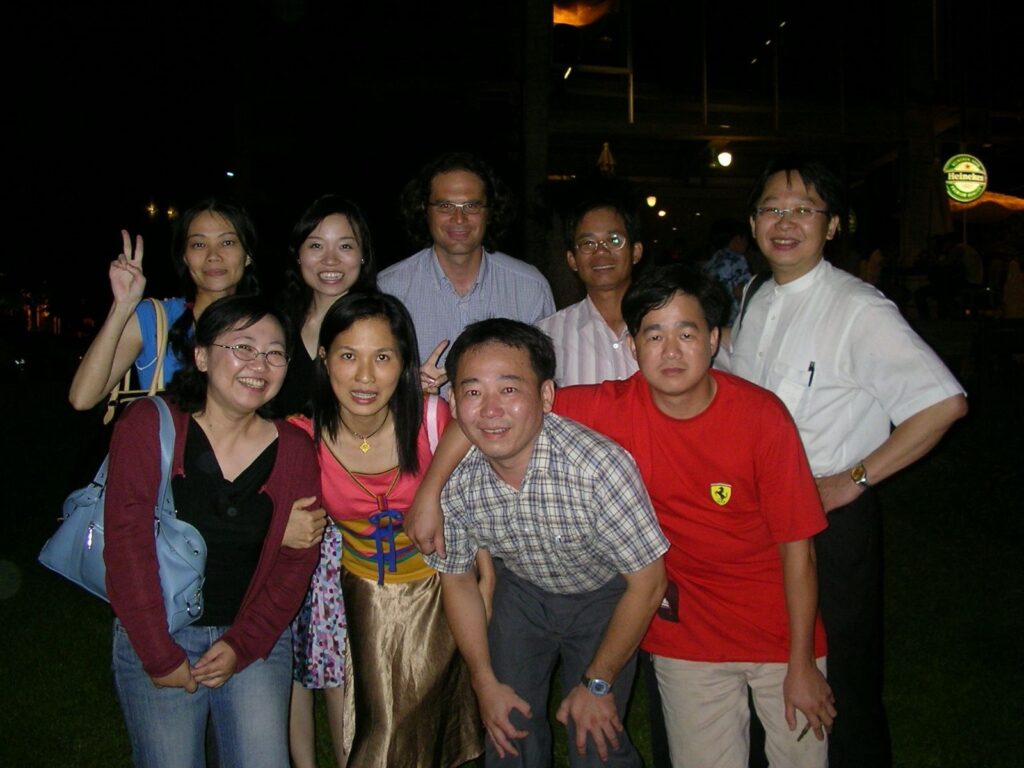
I have been contributing to a wide range of graduate and executive management programs for ESSEC in France, Singapore, Bahrain and Germany. The overall aim of my teaching activities can be described as providing students with guidance and support to develop critical thinking and understanding of relevant course related material based on an interactive communication approach.
The notion of guidance and support follows a resource based learning approach focusing on active learning rather than teaching. While students teach themselves and each other by interacting with materials and tasks, I focus on supporting and guiding students in the learning process. Based on the interaction with course related material and independent research, students develop better information-gathering skills and an increased independence and flexibility. This interaction and active learning method has been in particularly successful in, and valued by my students in the different executive education programs and courses.
In terms of critical thinking and understanding, I emphasize a deep as opposed to a surface approach to learning. Thus, combined with the notion of resource based learning, I think of teaching as an open concept with the student making many of the decisions. Ideally, this should help students to develop skills to critically analyze, evaluate, make sense, apply, and justify. In other words students understand rather than memorize and reproduce – which is critical in an increasingly complex (business) world. My numerous engagements at the executive education level and work with experienced managers has re-confirmed and re-emphasized the importance of critical thinking and understanding. The student body at an executive education level often operates within high pressure work environments in which problem solving methods are of an analytical (rather than creative) and superficial (instead of cause searching) nature, decision making and results are often short term oriented, and management actions have a tendency to be reactive. With my deep learning approach I aim at fostering students’ transdisciplinary competencies and their questioning and digging abilities, and help them to become more creative, long-term oriented, and proactive in their future management actions and behaviors. This requires strong self-analytical and reflective skills that are addressed and developed in each of my courses. My continuous revisions and changes to my course outlines, course topics and their content reflect my own self-criticism and reflective approach toward the designing and delivering of programs and courses.
In terms of interactive communication the continuously positive student responses regarding classroom atmosphere and student – instructor communication has confirmed and strengthened my belief in an interactive communication style. The latter assists both me and the students. Classroom discussions benefit me in terms of learning from students (a) how students learn, (b) how students think, and (c) their different experiences, views, and approaches. Class participation and discussions promote students’ interpersonal and communication skills – key competencies in today’s business world. The development of these transferable skill sets are supported by encouraging active learning.
My teaching assignments have brought me to a wide range of academic institutions in Mexico, Taiwan, Spain, New Zealand, Germany, Bahrain, Peru, Panama, Canada, USA, Brazil, Kenya and Cambodia.
These international assignments have been great experiences when it comes to meeting culturally very diverse student groups and learning from them. And of course, becoming friends with some great colleagues in those institutions. One assignment that sticks out has been my visits to Pour un sourire d’enfant (PSE) in Phnom Penh, Cambodia. PSE was founded in October 1995 by Christian and Marie-France des Pallières.
Whilst on a humanitarian mission in Cambodia at the time, they discovered the horror of the municipal rubbish dump of Phnom Penh. There, hundreds of children lived and worked, feeding themselves on the waste. They founded PSE in 1996 with the mission to provide children with food, health, protection, education and schooling, vocational training and help for families. During my visits, I worked with PSE students and professors in PSE’s business school.
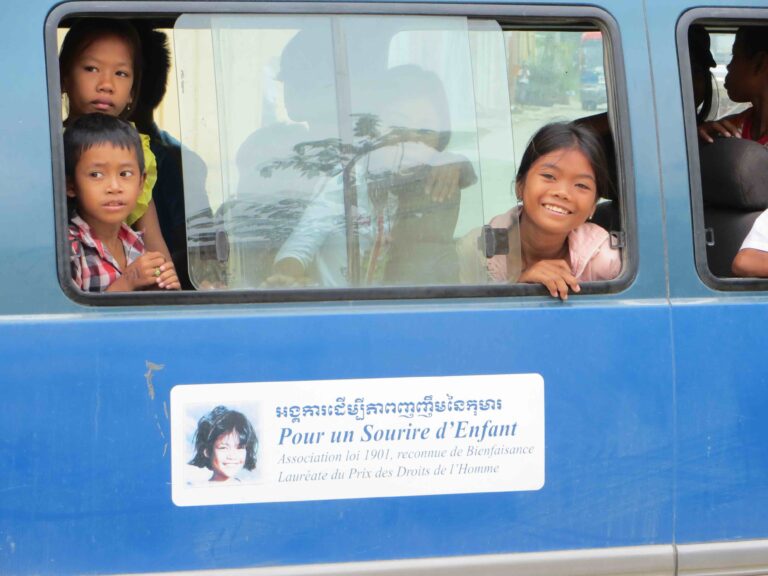
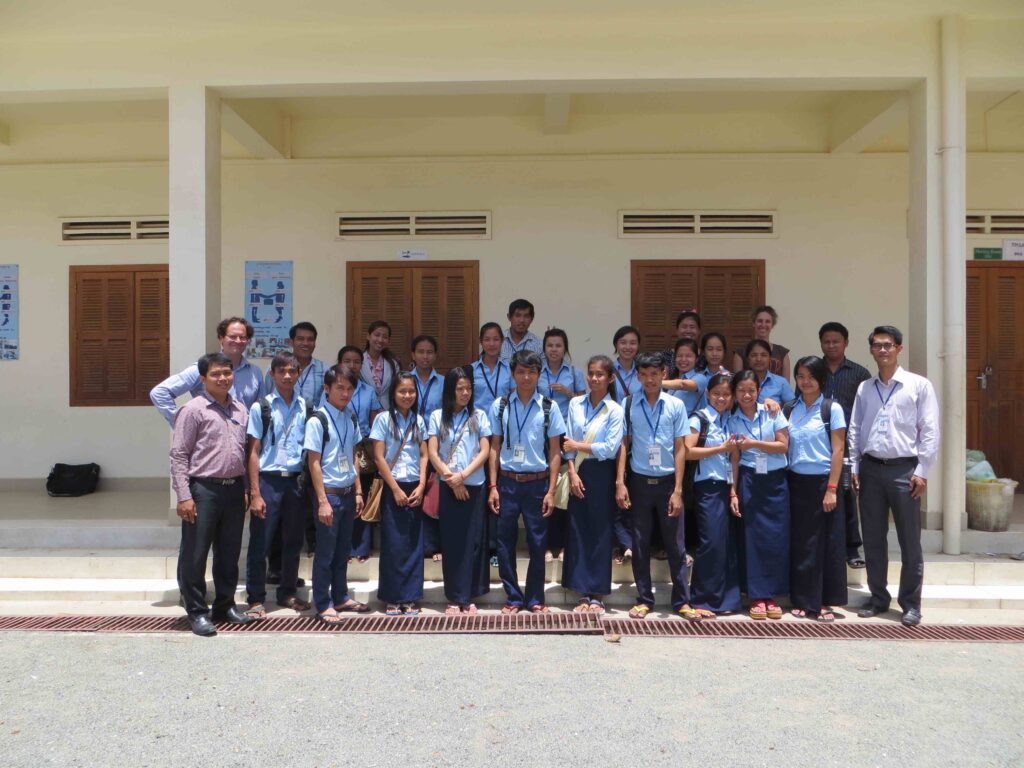
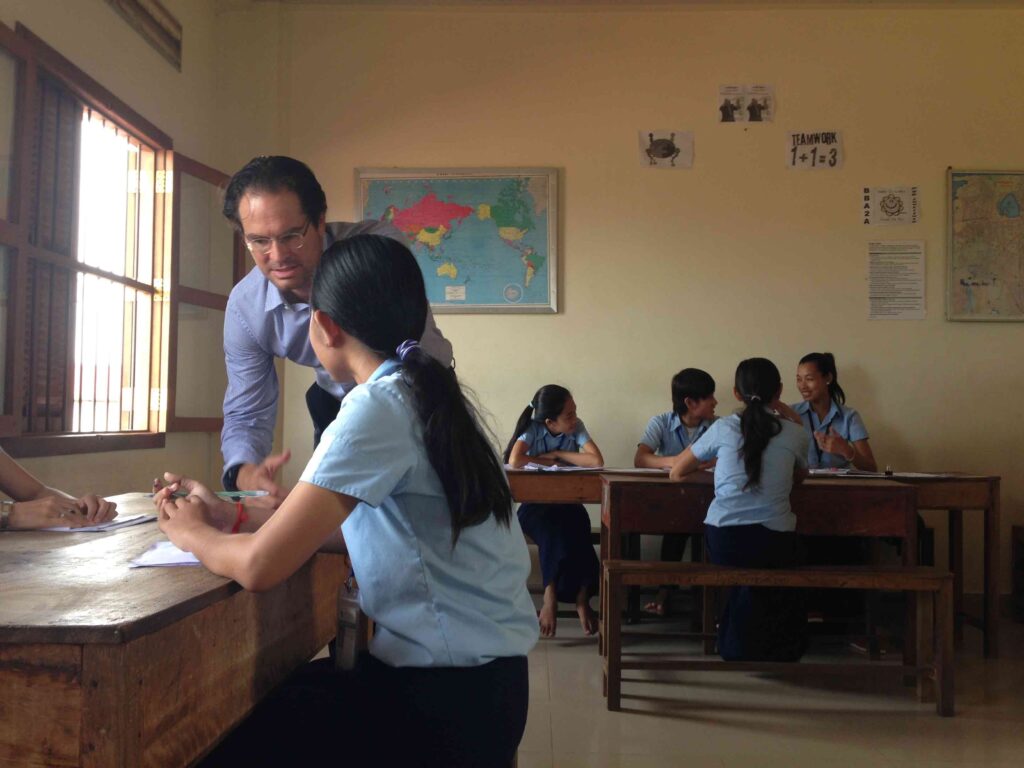
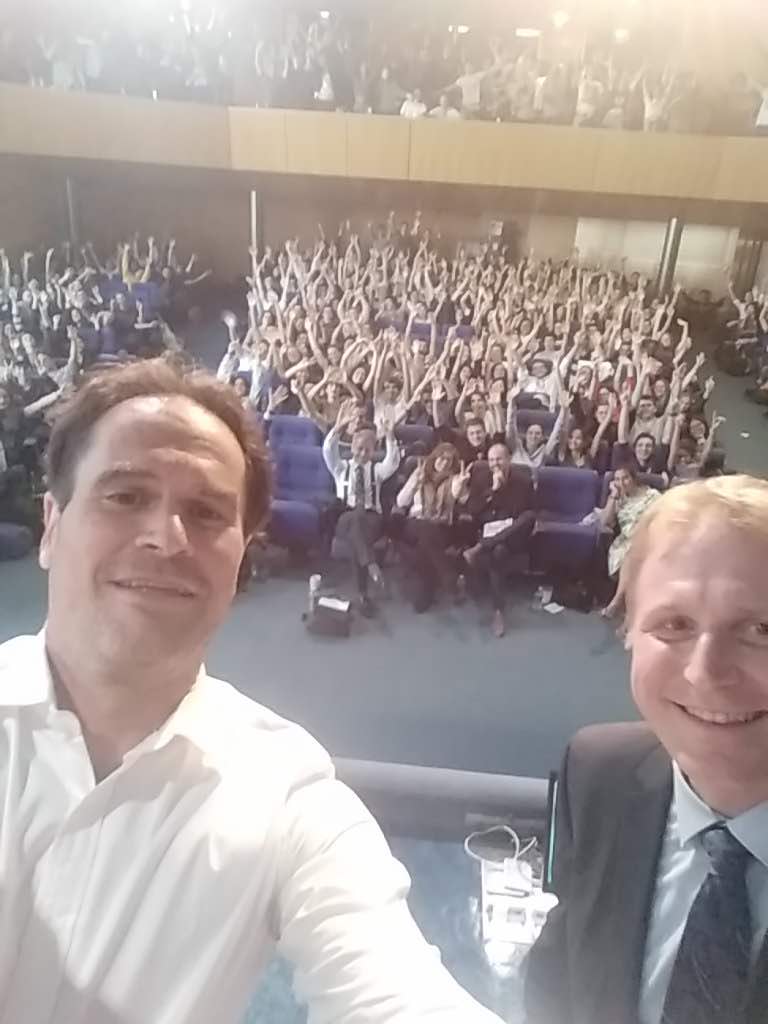
Getting to know these students and professors beyond the classrooms was an extremely enriching and inspiring experience. Inspiring in the sense, that I realized and saw firsthand what critical and transformational role education can play to students and their communities. Today, I strongly believe that investing in education can be the most powerful response to poverty, corruption, socio-economic inequalities and many other ills in today’s world.
Aside my teaching and research activities at ESSEC, I have co-founded the ESSEC Chair of Leadership and Diversity in 2008, and helped creating the ESSEC Chair of Sports in 2019. For the past six years, I have been responsible for ESSEC’s key grande ecole program Comprendre et Changer Le Monde; a program that introduces ESSEC’s 420 incoming students to some of the most critical socio-economic and environmental challenges.
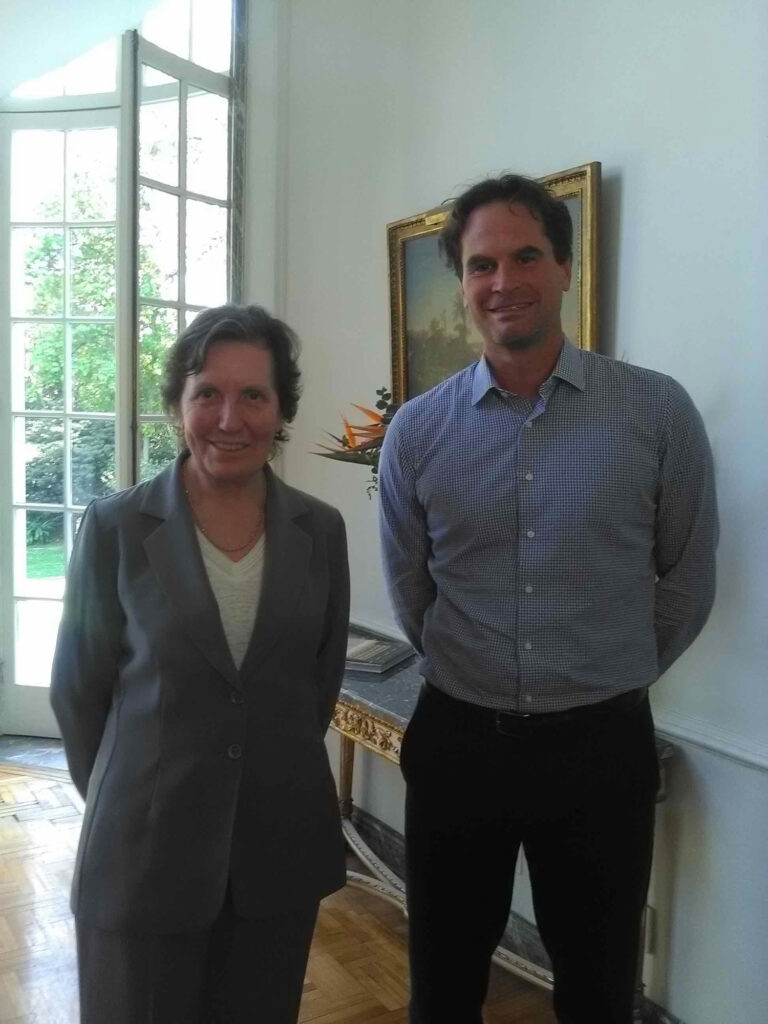
Between 2014 and 2021, as part of ESSEC’s expansion program, I have co-developed ESSEC’s international relationships across Latin America.
During this mission I have collaborated with numerous academic institutions throughout Latin America to develop (double) degree programs for ESSEC’s undergraduate and graduate students, and to promote some of our cornerstone programs such as the Global BBA. The mission provided me with some great insights into ESSEC’s administration and program developers; it allowed me to meet and work with embassies in Mexico, Cuba and Panama; and to collaborate with academic partners in Uruguay, Chile, Brazil, Mexico, Cuba, Panama, Peru and Bolivia. The mission also allowed me to collaborate with numerous companies in private sectors, transnational organizations such as the United Nations, and global NGOs such Save the Children and the International Red Cross. Last but not least, I have been able to organize and welcome ESSEC students and staff on their study and work trips to Panama.
Outside of ESSEC, I have been an Associate Editor, editorial board member, and reviewer for numerous international academic management journals. I have served as a member of the Observatoire de la diversité et de la parité at the French Interior Ministry, and I have developed and conducted company training programs for firms in France and internationally.
I have worked with several think-tanks in Europe, and as an expert consultant for UN’s International Organization for Migration in East Africa. I have served as an external examiner to the European Regional Development Fund, and various other governmental research grant programs in Europe and North America.
